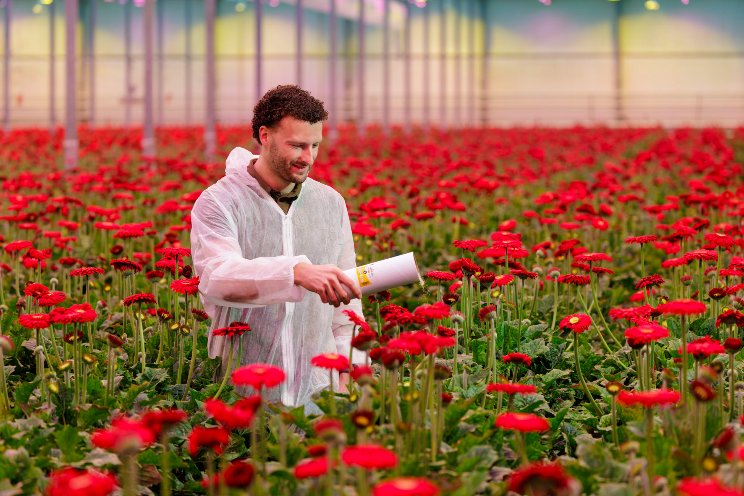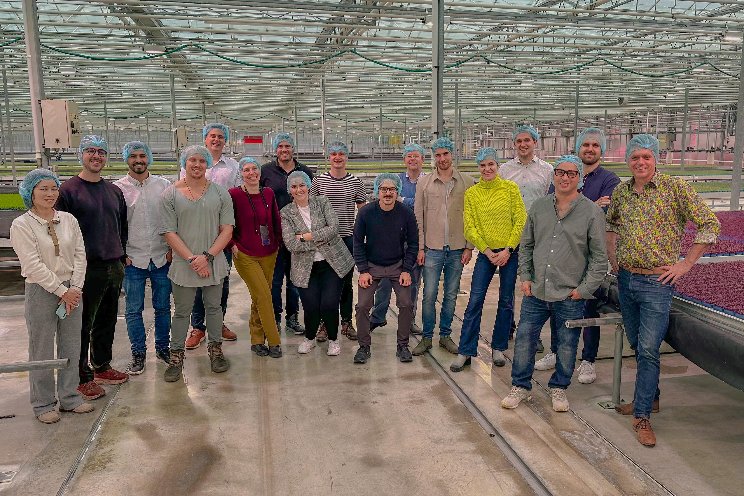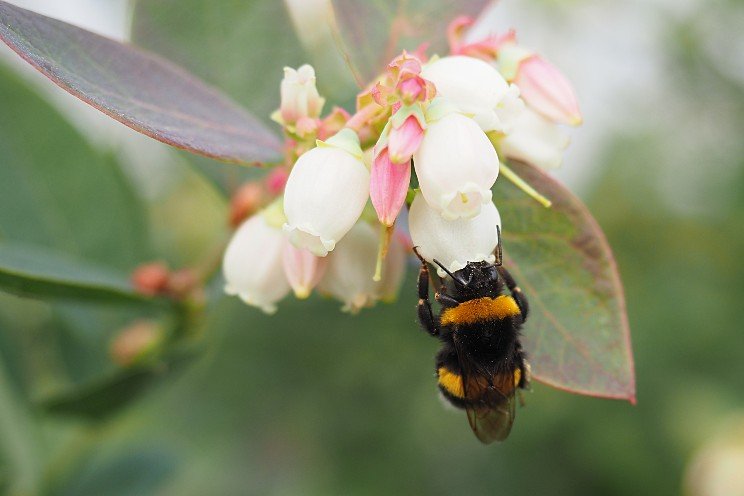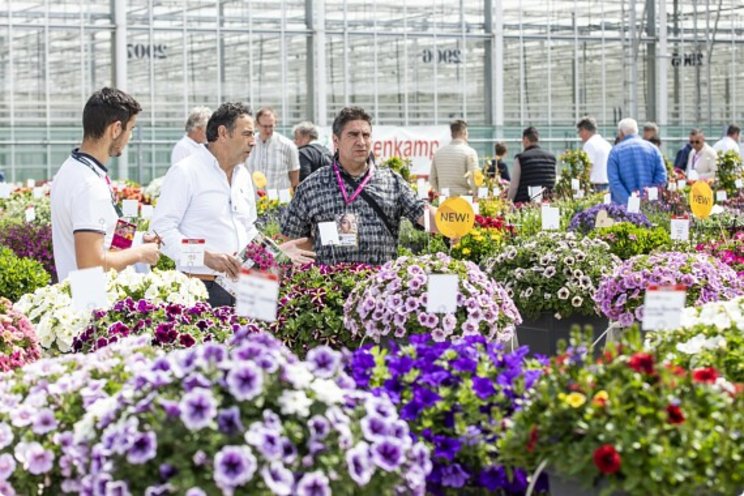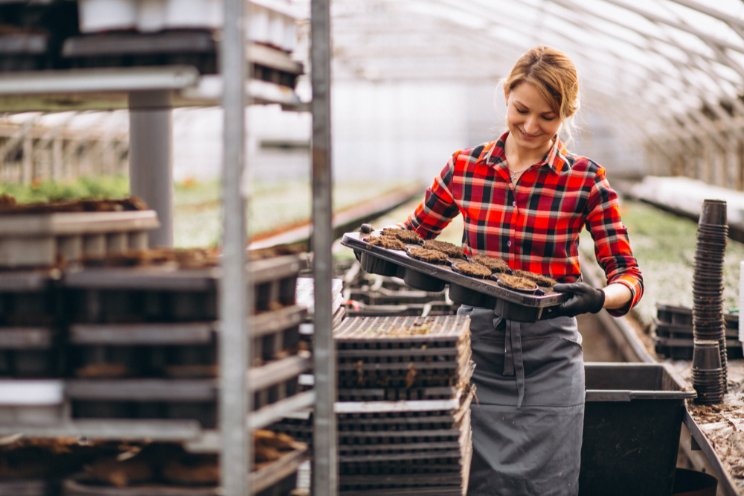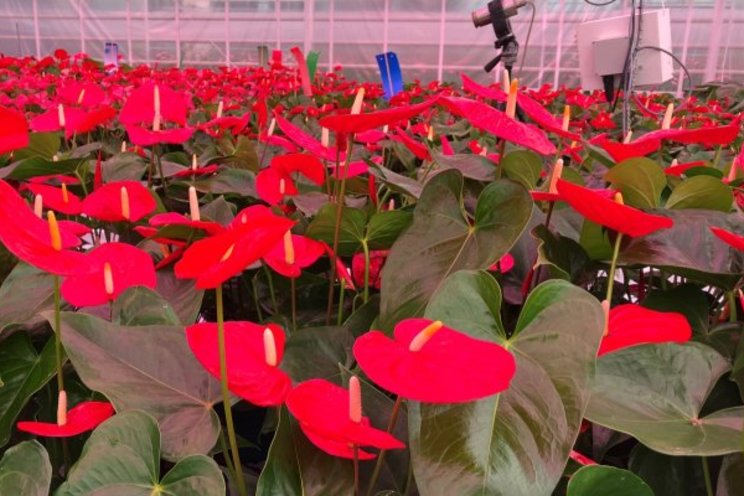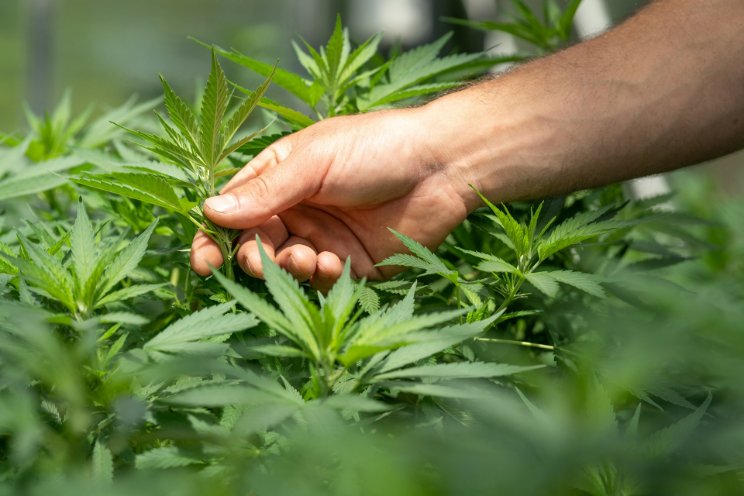Portugal's cannabis dilemma continues to leave local patients out
Added on 03 May 2024

The regulatory environment surrounding medical cannabis in Portugal has played a pivotal role in shaping the dynamics of the industry, both domestically and internationally.
Portugal's progressive stance towards drug policy, highlighted by the decriminalization of recreational drug use in 2001, laid the groundwork for the legalization of medical cannabis. In 2018, medical cannabis was approved for medicinal purposes, followed by regulatory frameworks established in 2019 to govern its production, distribution, and use.
These regulatory measures positioned Portugal as an attractive destination for cannabis cultivation and production, attracting a wave of international companies seeking to capitalize on the country's favorable legal landscape. The establishment of cultivation facilities and production sites by these companies has transformed Portugal into a key player in the global cannabis market.
However, while the regulatory framework facilitated the growth of Portugal's cannabis industry for export purposes, it has not necessarily translated into improved access to medical cannabis for the Portuguese population.
Patients in Portugal have limited options for consumption, as they can either smoke the cannabis flower or use a specialized heating device to inhale the vapor. However, this accessibility comes at a considerable cost, with a 15-gram box priced at €150—significantly higher than black market rates. Compounding this financial burden is the fact that health insurance does not cover the expense of medical cannabis, placing further strain on patients seeking relief.
Moreover, access to Tilray's product is restricted to patients diagnosed with specific conditions, and only after other conventional treatment options have proven ineffective. This stringent criteria further limits the pool of eligible patients who can benefit from medical cannabis.
Despite these limitations, domestic demand remains largely unmet, with the country's three largest pharmaceutical suppliers opting not to stock Tilray's cannabis flower. Consequently, sales figures for Tilray's product within Portugal remain modest, with just over a thousand boxes sold in 2023, amounting to approximately 17 kilograms.
Meanwhile, Portugal's burgeoning cannabis industry is focused on exportation, with approximately 40 companies, including Somai Pharmaceuticals, a prominent company operating a state-of-the-art medical cannabis plant in the country, engaged in cultivation and production. The country exported a staggering 11 tonnes of medical cannabis in 2023, showcasing its significant contribution to the global cannabis market.
Tilray and Somai Pharmaceuticals are not the only influential companies that established a strong presence in Western Iberia.
In July 2023, Curaleaf International, a leading European cannabis company and subsidiary of Curaleaf Holdings, acquired Clever Leaves' EU-GMP certified cannabis processing facility in Setubal, Portugal, through its wholly-owned subsidiary, Terra Verde LDA. The acquisition aimed to enhance Curaleaf International's operational efficiency and accelerate its seed-to-sale process for EU-GMP flower products, serving the rapidly expanding European market.
The state-of-the-art facility, spanning over 900 square meters of GMP factory space and 750 square meters of warehousing, provided ample capacity for processing cannabis flower sourced from Terra Verde, Curaleaf's cultivation facility located in Alcochete, Portugal. By integrating this facility into its operations, Curaleaf International sought to strengthen its cultivation capabilities to meet the anticipated surge in demand across Europe, particularly in key markets such as the UK and Germany.
Curaleaf Holdings, Inc., recognized as a global leader in the cannabis industry, operates in 19 states across the United States with renowned brands such as Curaleaf, Select, and Grassroots. With this acquisition, Curaleaf International aimed to further solidify its position as the largest vertically integrated cannabis company in Europe, combining pioneering science and research with cutting-edge cultivation, extraction, and production capabilities.
The very fact that Curaleaf, a widely recognized hemp giant on both sides of the Atlantic Ocean and officially the largest cannabis company in the world, has decided to greenlight this investment speaks volumes to Portugal' s strategic importance within the European medical cannabis landscape and explains the extra attention export activities received from both cannabis enterprises and the Portuguese government, but would it be reasonable to point out profits as the sole cause for the lack of patient accessibility ? Well, not really.
The lingering stigma surrounding cannabis continues to hinder its widespread acceptance and utilization in Portugal's medical system. According to a story report issued by Euronews, Dr. Ana Rita Andrade, a general practitioner based just south of Porto, has taken proactive steps to address this issue. After hours, she offers online consultations on medical cannabis from her home, catering to a growing number of patients seeking alternative treatments.
Andrade's initiative, Kanabclinic, established in 2019, serves as a beacon of knowledge on cannabis within a medical community largely unfamiliar with its potential. She laments the lack of understanding among her peers, noting that many doctors in Portugal remain uninformed about cannabinoids, the active compounds in cannabis.
This sentiment is echoed by Carla Dias, president of the Portuguese observatory for cannabis, who identifies several barriers to medical cannabis adoption in the country. Firstly, the limited range of available products fails to meet the diverse needs of patients. Additionally, the absence of alternative compositions and administration methods further restricts treatment options. Moreover, deep-seated stereotypes associated with cannabis contribute to hesitancy among healthcare professionals.
In an effort to combat these challenges, Dias spearheads initiatives like the National Conference on Medicinal Cannabis, aimed at fostering dialogue and education among key stakeholders. The recent approval of three new cannabis products offers a glimmer of hope for the future of medical cannabis in Portugal. With ongoing efforts to broaden access and enhance understanding, there is optimism that medical cannabis will gain traction in Portugal, despite the persisting barriers.
Written by DANIEL CIUREA
More news
